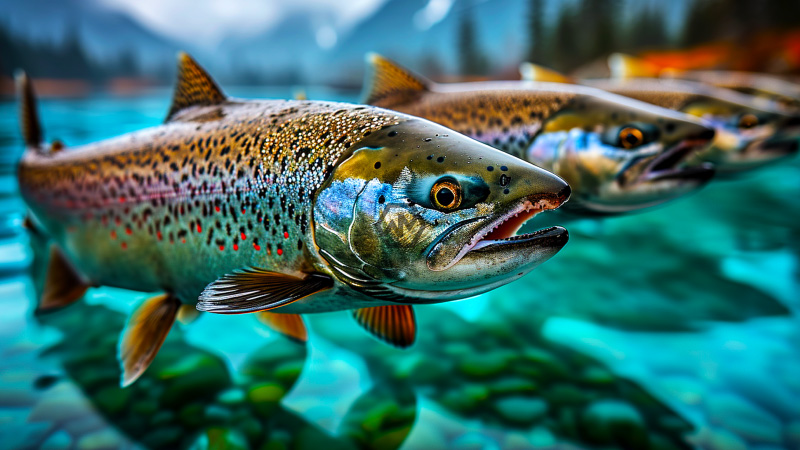- “Japan, Russia Resume Fishing Talks After Two-Year Pause”
- “Agreement: 125-Ton Quota, 36-Day Fishing Period”
- “Diplomatic Thaw: Signs of Reconciliation Amidst Geopolitical Strains”
After two years of diplomatic silence, Japan and Russia have finally found common ground on fishing quotas for salmon and trout. The agreement, featuring a 125-ton catch limit and a 36-day fishing window, breathes new life into bilateral relations strained by geopolitical tensions.
Japan and Russia break their silence with a fishing pact after a prolonged hiatus. With a 125-ton catch quota and a 36-day fishing period, the agreement signals a thaw in relations and a return to cooperation in shared fisheries management.
After a hiatus, Japan and Russia strike a fishing agreement
After a two-year lull, Japan and Russia have resumed talks on fishing quotas, signaling a potential thaw in relations strained by geopolitical tensions.
The agreement, featuring a 125-ton catch limit and a 36-day fishing period, marks a step towards reconciliation between the two nations.
With only one Japanese vessel permitted for fishing activities, the accord underscores cautious optimism in managing shared fisheries.
This pact hints at diplomatic efforts to navigate complexities and foster cooperation amidst broader geopolitical challenges.
In conclusion, the renewed agreement between Japan and Russia on fishing quotas not only represents a pragmatic approach to managing shared resources but also offers a glimmer of hope for improved relations between the two nations amidst ongoing geopolitical tensions.
“In the delicate dance of diplomacy, this fishing agreement serves as a small but significant step towards rebuilding trust and cooperation between Japan and Russia, highlighting the power of dialogue in overcoming even the most formidable of challenges.”



